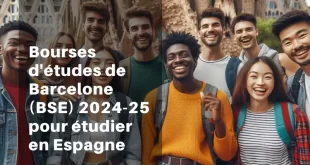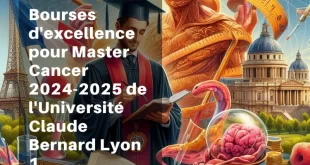Before the appearance of the printing press, the only way of reproducing and spreading a text in written form was manual copying. During this process, accidents, errors and intentional modifications occurred, progressively modifying the text of each witness. The revised text, whether modified deliberately or accidentally, then served as a template for other copyists and the changes would thereby be propagated. For the philologist interested in the reconstruction of text history and the texts genealogical relations (similar to a genealogical tree, called stemma codicum), it has been imperative to study these different variants and suggest methods for the objective construction of such trees (called stemmatology methods).
Retrieving the genealogical lineage of the Hebrew manuscripts of the Ben Sira (book of Ecclesiasticus or Sirach) has been one of the major focus of the laboratoire Écritures at the University of Lorraine. In this project, we suggest to improve the manual work performed in the critical edition of the Hebrew manuscripts of Ben Sira by applying the latest advances in applied mathematics and natural language processing to reconstruct the stemmas of the Ben Sira’s Hebrew manuscripts. This initial work will then be extended to other textual traditions. This project takes place as a partnership between the center of researchs Écriture, LORIA and IECL.
In this context, we are looking for a two years fellow for a post-doctoral position, to fulfill the objective of building the genealogical lineage of the Hebrew manuscripts of Ben Sira through computational stemmatology algorithms.
Fellow’s responsabilities
Over the course of the project, the fellow will be asked to lead and innovate to complete the following objectives:
Benchmark of stemmatology algorithms As there is no systematic suite for the benchmarking of stemmatology algorithms, the candidate is expected to provide their own solution to ensure that the developed stemmatology trees are objectively correct and provide reliable results to the philology field.
Innovate in the field of stemmatology Because most stemmatology algorithms rely on phylogeny, we believe that designing algorithms resilient to the constraints of textual transmission and the complexity of human language would greatly improve the current state-of-the-art. The candidate is expected to suggest their own NLP based stemmatology algorithm, that will outperform the state-of-the-art on the Ben Sira manuscripts.
Draw original conclusions regarding the Ben Sira’s manuscripts geneaology After this benchmarking and development phases, the candidate will apply these algorithms to the Ben Sira manuscripts and discuss their results with the philology experts to draw new conclusions regarding the manuscripts transmission.
Provide Open-Source results To ensure a reception as wide as possible of the project and strive towards the goal of making science open to all, the candidate is expected to provide all the software developed over the course of the project as an Open-Source software, respecting all the quality constraints of modern software development. The generated datasets (collated Ben Sira, datasets used for the stemmatology algorithms benchmarking…) should also be made available to the public. All results will be published in high-impact journals and conferences.
Required skills
Mathematical skills The candidate must have a PhD in computer science or applied mathematics (artificial intelligence, natural language processing…).
An experience in Natural Language Processing or modelization of complex systems is required.
A good knowledge of stemmatology algorithms and the current state of the art would be a huge plus for the project’s success.
Technical skills The candidate should be very familiar with the Python and R ecosystem for data manipulation and analysis: pandas, sklearn, tensorflow, Keras.
The candidate should have previous experience in the development of Open-Source software and a good knowledge of current development standards, to ensure that the project’s reaches as many scholars as possible: CI/CD pipelines, containerization, automated deployments. They will also have to interact daily with SQL and NoSQL databases: mongodb, MariaDB A good understanding of XML TEI and collation tools would be a plus.
Humanities skill Basic knowledge of Classical Greek and Ancient Hebrew. Knowledge and interest in textual criticism, philology and biblical studies would be a plus.
The candidate is expected to have a good level in English. Knowledge of French would be a plus.
Terms and tenure
This two-year position will be based at the centre of research Ecritures (EA3943), Ile du Saulcy, 5700 Metz. The duration can not exceed 24 months.
The target start date for the position is 1st September 2023, with some flexibility on the exact start date.
How to apply
Applicants are requested to submit the following materials:
• A cover letter explaining their motivation for the position.
• Full Curriculum Vitae and list of publications.
• Academic transcripts (unofficial versions are fine)
Deadline for application is June 7th 2023. Applicants will be interviewed by an Ad Hoc Commission by June 28th. Applications are only accepted through email. All document must be sent to frederique.rey@univ-lorraine.fr
Job Location
Metz, Lorraine, France
Job Features
| Job Category | Postdoctoral |
 medjouel.com Study Non Stop
medjouel.com Study Non Stop



